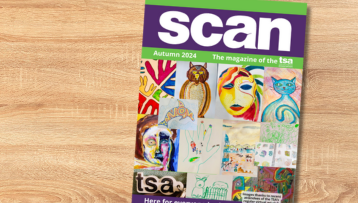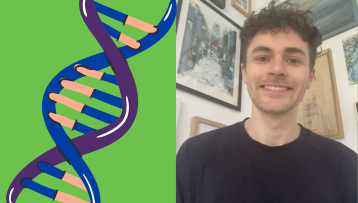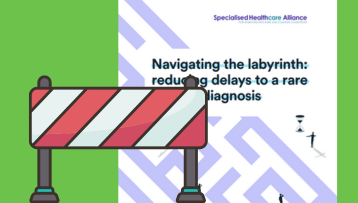An exciting new project has been launched to better understand different challenges in rare diseases. Led by Kings College London, researchers will focus on the rare diseases that are connected to part of the body called the ‘mTOR pathway’. The TSA is proud to be taking a central role in the project, with TSC being an mTOR condition.
Lots of different rare conditions happen because of problems in the body’s mTOR pathway. This new cross-organisation partnership, called the ‘mTOR Pathway Diseases Node’, is hoping to find ways to treat multiple rare conditions by learning more about the mTOR pathway and why things go wrong there. To help make this happen, £1.1m in funding has been provided to the node by the National Institute of Health and Care Research (NIHR) and the Medical Research Council (MRC).
The mTOR Pathway Diseases Node is made up of different researchers, industry groups and charities, including the TSA. Luke Langlands (TSA Joint Chief Executive) commented: “This new cross-group partnership is an amazing opportunity to push TSC research and rare disease research forward. We’re delighted to have the TSA as a major player in the node, ensuring that TSC and the TSC community have an important voice as research takes place. The node’s formation comes after lots of hard work and dedication from a wide range of people and organisations”.
In the body, the mTOR pathway is responsible for how quickly cells grow. Cells are the building blocks of our body, forming things like our heart, lungs and other organs. Our cells are given instructions on what to do and one of these sets of instructions, the ‘mTOR pathway’, is responsible for how quickly they grow. In people with TSC, the gene that acts as a brake on the mTOR pathway doesn’t work as it should, meaning that cells grow too large – this is what leads to TSC growths and tumours. Commonly used medicines to treat and manage TSC, like everolimus and sirolumus, add this ‘brake’ to the mTOR pathway.
Further developments will be shared with the TSC community as the node continues to progress. More information can be found on the Kings College London website.



























































































































